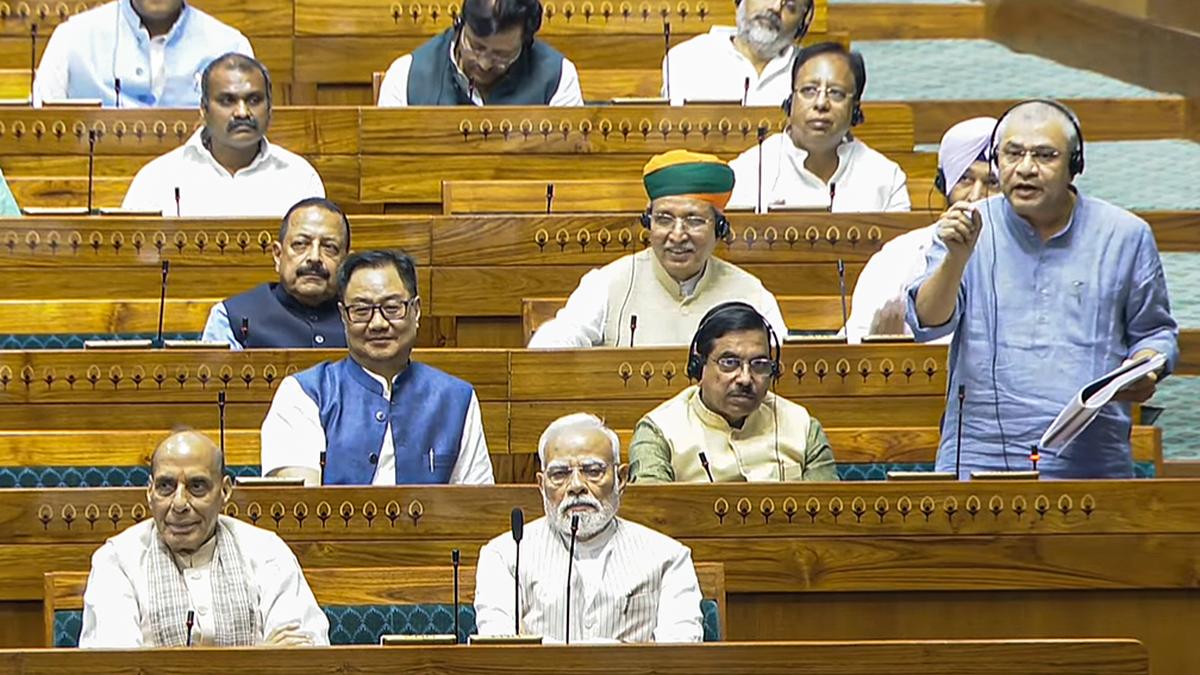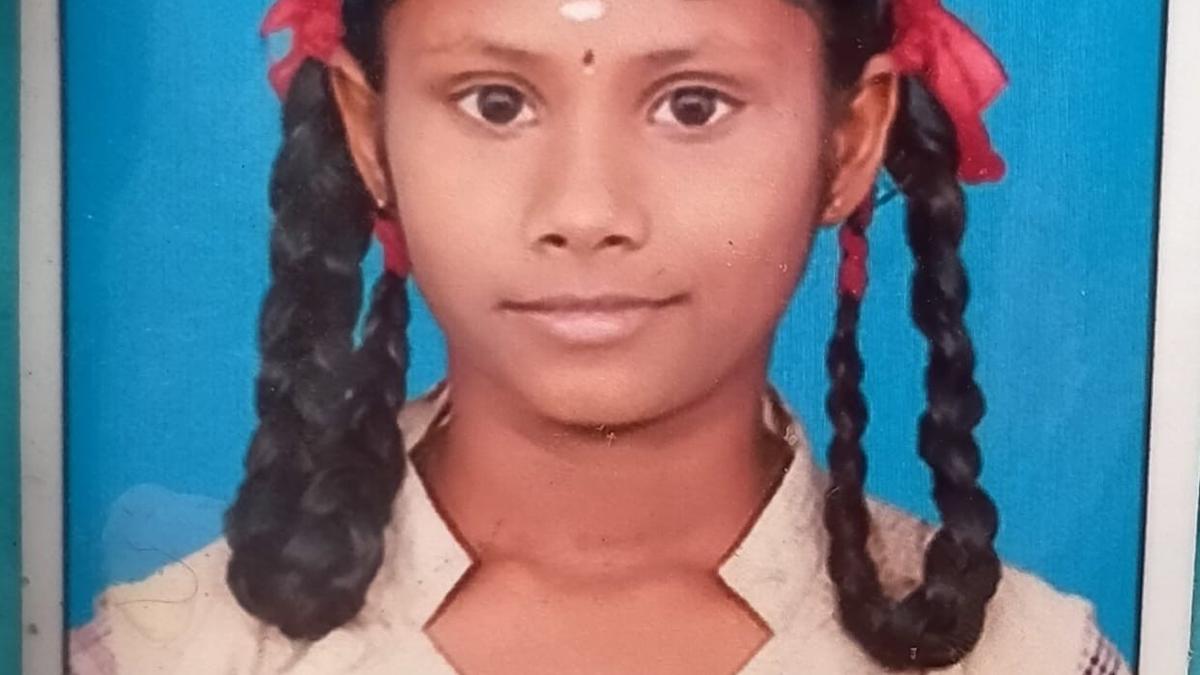ARTICLE AD BOX
Justice G R Swaminathan of the Madras High Court, who is in news for calling a lawyer a “coward” and “comedy piece” in open court for accusing him of caste bias, last week offered a spiritual twist on jurisprudence – by recounting how he once helped acquit a man who confessed to a fatal accident, and saw it as proof that “the Vedas protect those who protect them.”
He was speaking at the 17th Annual Talent Parade of Vedic Scholars, held at Krishnaswamy Hall in T Nagar, last week. A video of the event, organised by the Om Charitable Trust, has surfaced now.
Narrating a story from his days as a practicing lawyer, which “changed my entire perspective on life”, Justice Swaminathan said, “A Sastrigal friend of mine, who studied the Vedas for seven years and has been living strictly as per Vedic values, came to meet me. He came with another friend, and my friend Sastrigal had tears in his eyes, unable to speak.” In Tamil, “Sastrigal” is used as a surname or title for individuals recognised for their knowledge of the scriptures, particularly the Shastras.
Justice Swaminathan told the audience that he asked them to speak freely, likening the confidentiality between lawyer and client to that of doctor and patient. “As his friend wasn’t able to open up, the other man started explaining. He said Sastrigal had been convicted and sentenced to 18 months. I couldn’t believe it. For someone who lives as per Vedic values, how could this happen?”
According to the judge, the incident unfolded when the Sastrigal’s sister, visiting from the US, wanted to see some temples. She drove the car, and at one point, it lost control and hit a man standing near a tea shop. “The man died on the spot,” he said.
As his sister had to return to the US the following week, the Sastrigal reportedly went to the police station and confessed. “He told the police, ‘I was the one driving, careless. I had the license.’ He took the entire blame upon himself. The FIR was registered against him, the chargesheet filed, and the case went to court.”
“He used to go to the court in full traditional attire, kudumi and all. Perhaps even that played a role? Normally, in such cases, six months’ imprisonment is the maximum. But he got 18 months,” Swaminathan told the audience.
Story continues below this ad
“In cases where the punishment is less than three years, you’re not sent to jail immediately. You can go on appeal and only serve time based on the outcome,” he said. “So I asked him why he didn’t approach me before the conviction. He said he was embarrassed.”
Justice Swaminathan then recounted how he reassured his friend, calling his act “a courageous decision to take the entire blame to save his sister from trouble.” He reviewed the case documents himself.
“I was a lawyer for 26 years, and now a judge for eight. I’ve never seen witness statements like those. All six witnesses said the same thing: ‘We were standing at the tea shop. A Maruti car came speeding and hit a man. He died.’ Not a single one identified who was driving. No one said this Sastrigal was behind the wheel. No one identified him in court either,” Swaminathan said in his speech.
With that singular point – absence of eyewitness identification – he said he took up the case, and argued it in the appellate court. “By luck or fate, the judge who heard the appeal happened to be my classmate. ‘How was this man convicted when there is no evidence on who drove the car?’ was the question. And the conviction was overturned. My friend Sastrigal was acquitted.”
Story continues below this ad
It was then, he said, that a realisation struck. “That day, I understood the saying: ‘If you protect the Vedas, the Vedas will protect you.’ Until then, I didn’t take such matters very seriously. But that moment changed me,” Swaminathan told the audience, largely made up of Vedic scholars and devotees.
Justice Swaminathan also shared a second anecdote, about a government-appointed driver named Badshah. “When I was in Madurai, I told him to go eat and return by 1.30 pm. He said, ‘Sir, it’s Friday. I need to attend prayers. I’m new here and don’t know where the mosque is. It may take longer.’ I admired his clarity of purpose.”
He then recalled another story involving former Chief Minister C Rajagopalachari, who reportedly appointed a Muslim candidate because he had left an interview panel to attend Friday prayers. “That kind of integrity impressed Rajaji,” Justice Swaminathan said.
“Seeing Badshah’s commitment to his dharma made me think. Shouldn’t I, too, be equally committed to mine? Since then, I haven’t missed even one session of my daily sandhya vandanam prayers,” he said.
Story continues below this ad
On Monday, the Madras High Court referred to the Chief Justice the matter involving contempt allegations against Advocate S Vanchinathan, the lawyer who accused Justice Swaminathan of bias in his judicial conduct.



.png)
.png)
.png)

























 English (US) ·
English (US) ·